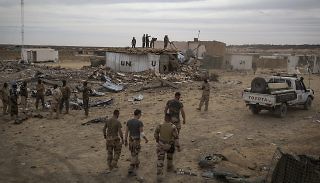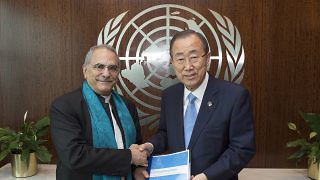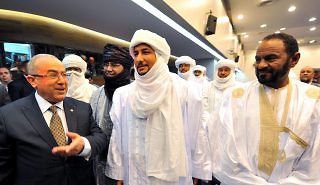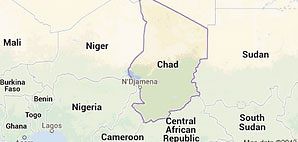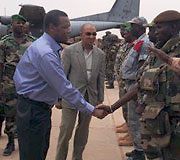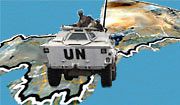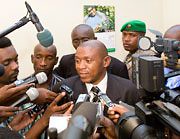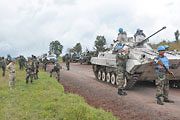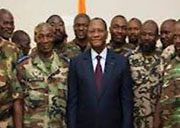Slow progress in the peace process has not helped to decrease the appeal of jihadist groups, which have in the past served as a sort of military insurance policy against government forces, and have also provided lucrative illegal trafficking opportunities.
Author: Arthur Boutellis
-
-
The HIPPO report itself has already been criticized for not being “bold-enough,” too similar to its predecessors Agenda for Peace (1992) and Brahimi-report (2000), a reduced list of “technocratic” fixes, lacking an overall compelling narrative that could incite action and engagement, and for failing to crystallize the main points needed for a cohesive and effective strategy.
-
The CMA signing the peace agreement represents an important and necessary step towards stabilization of Mali through a political and security agreement dealing with some of the root causes of the conflict.
-
In the span of a few years, Chad has become a new regional power and a credible African voice.
-
The crisis in Mali has exposed tensions between the AU and the UN.
-
With a peacekeeping mission in Mali almost certain, opportunities abound for the UN to do things differently.
-
The fact that neither the government nor the extra-parliamentary opposition wants to talk of a rebellion does not mean that there is no more violence in the country.
-
Examining the role of MONUSCO in the fall of Goma is an opportunity for a radical change in the UN mission’s presence.
-
A series of attacks during the summer risks has changed the security climate and could send security sector reform down the wrong path.
-
A transition in the Haitian National Police in a tense political and security context risks the politicization of the HNP.

